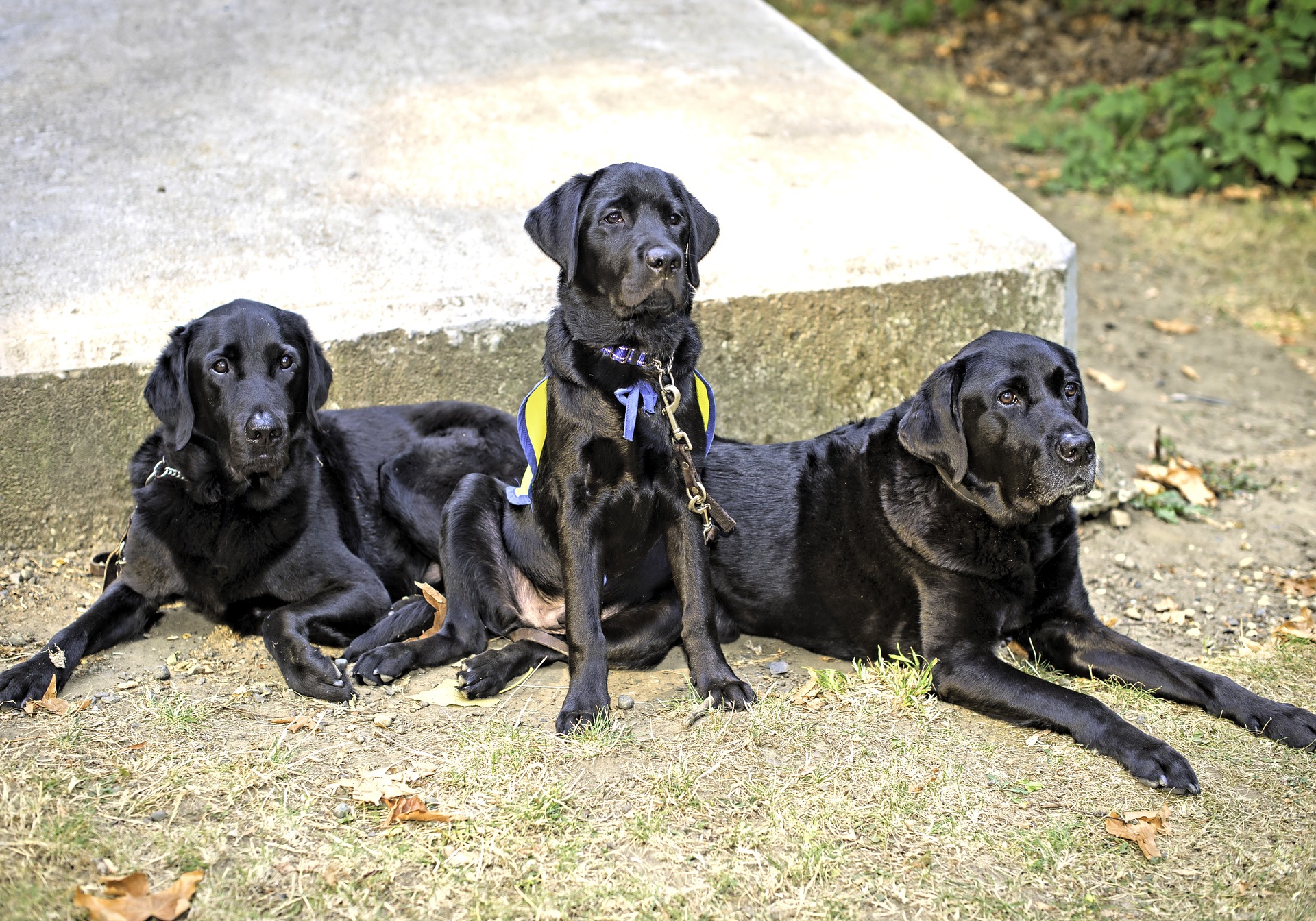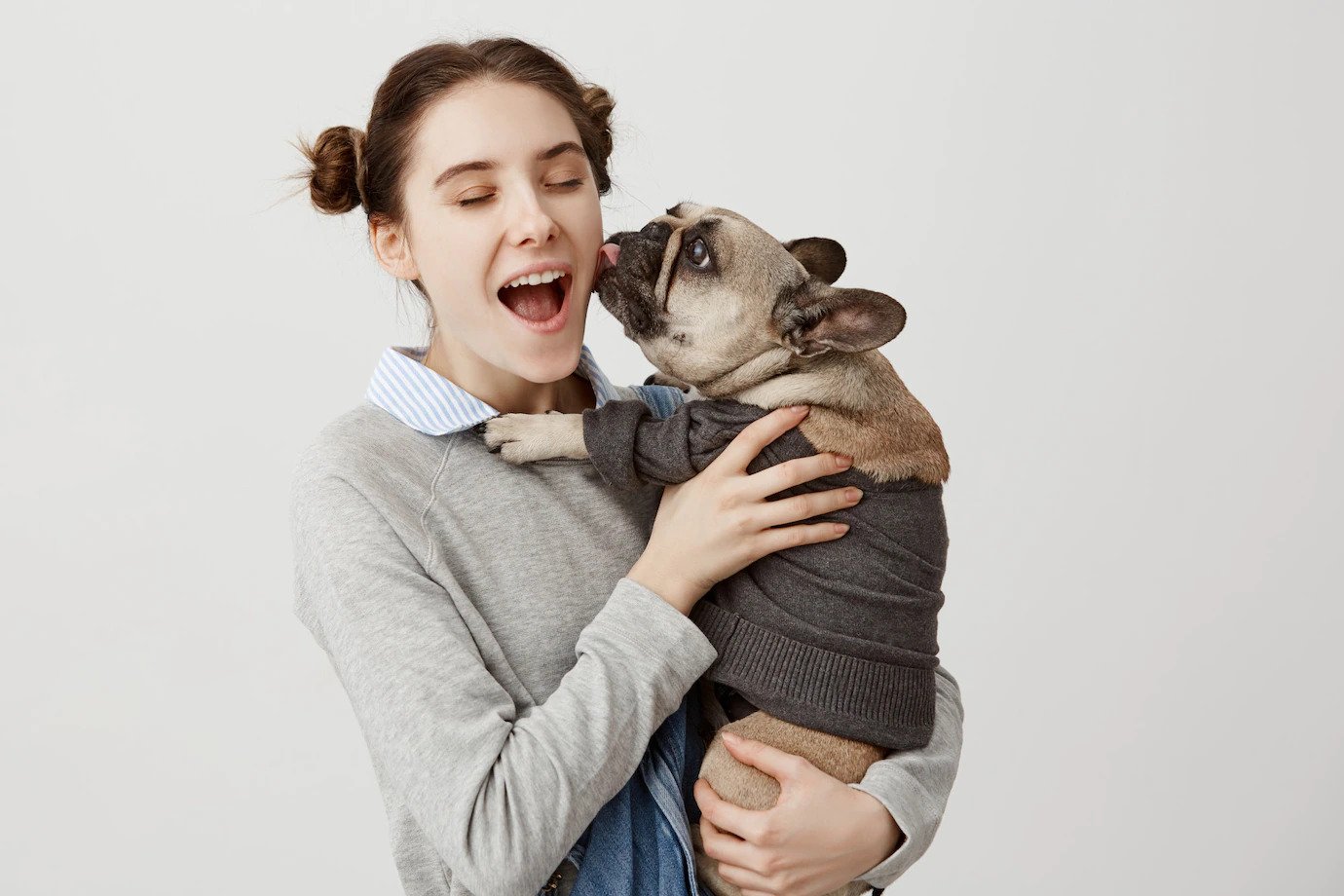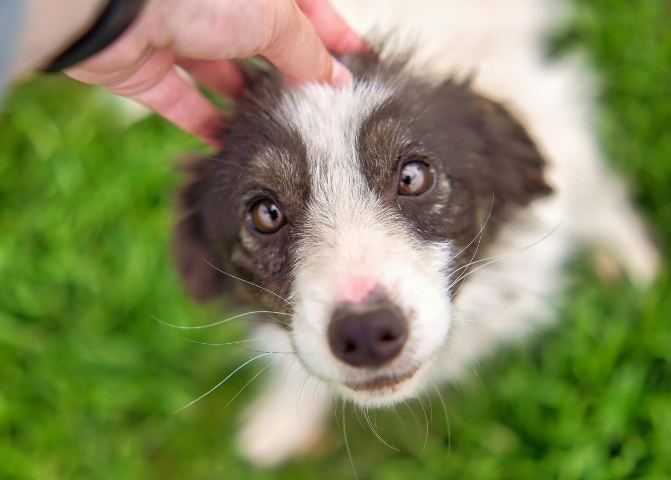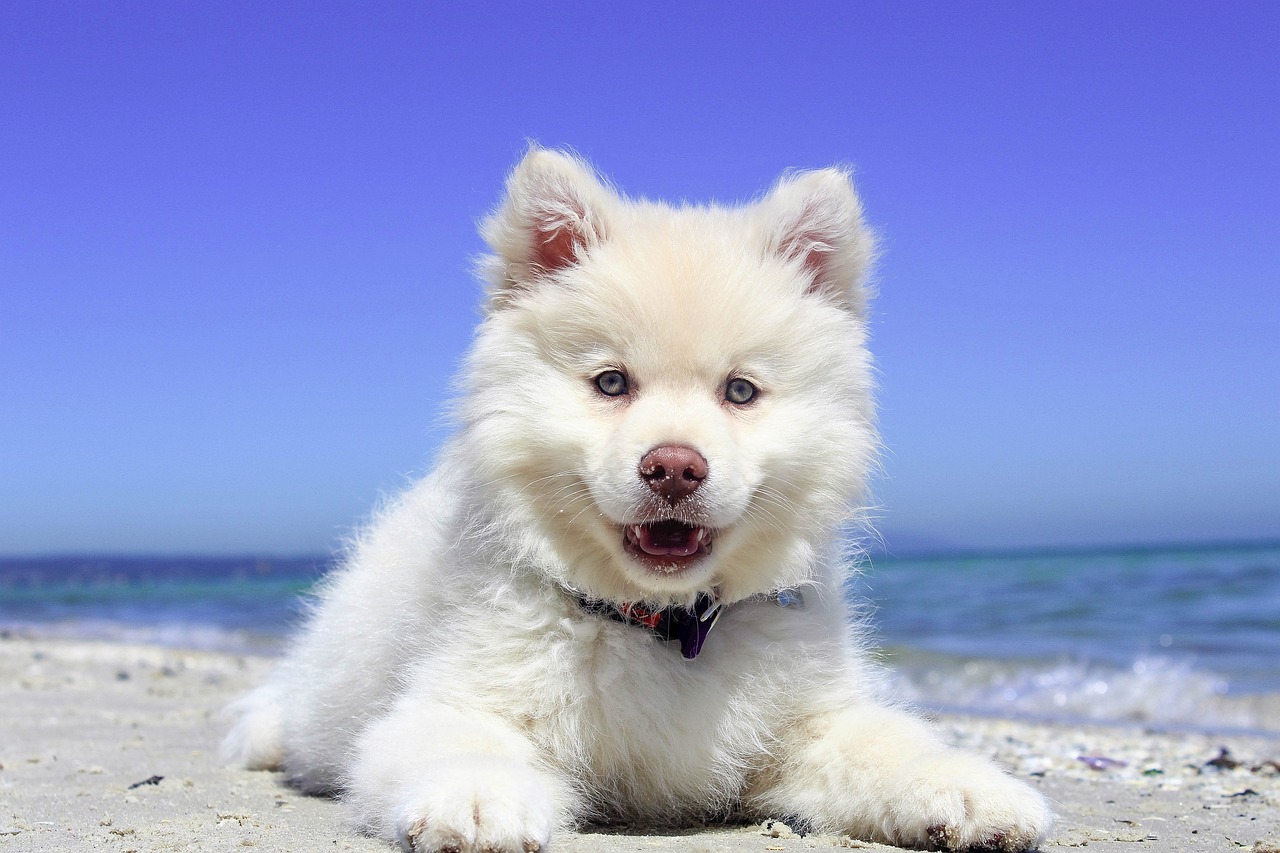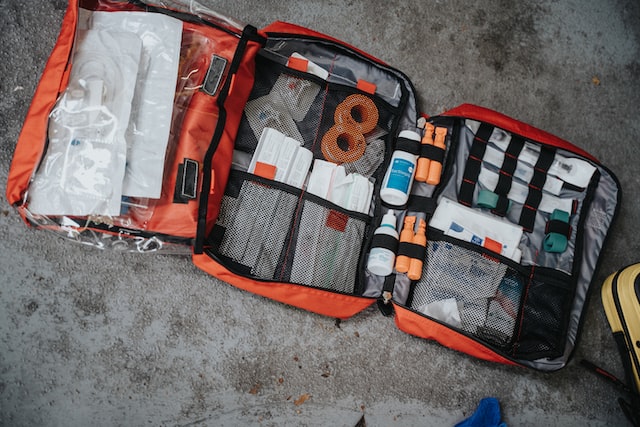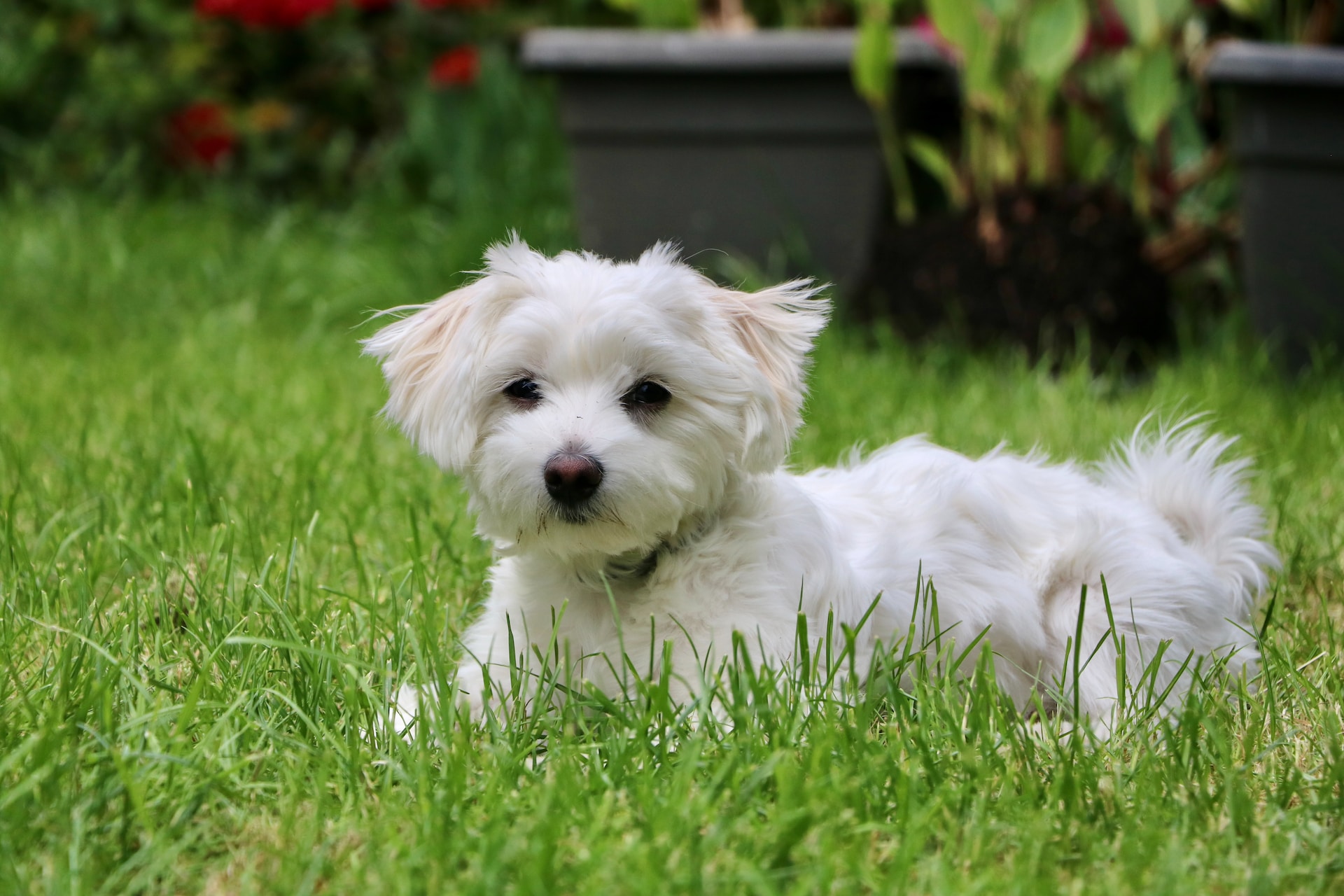
If you are on the lookout to adopt a new puppy the Maltese may be recommended to you. The breed is known for its elegance, affectionate temperament, and small size. These traits make the Maltese a superb choice for families. The Maltese dogs are considered ideal for apartment living and those of us with limited space.
History
It is very hard to pinpoint the origin of the breed. Some sources suggest the breed was native to the Mediterranean area (Egypt, Sicily, and Southern Europe) and some believe the breed has been around human settlements for at least 2,000 years. There is indisputable evidence that the Maltese dogs served as lap dogs for the nobility on the Island of Malta for hundreds of years and they made their first official debut at the Westminster dog show in New York in 1877. After the show the breed exploded in popularity and you might have already seen one or two Maltese dogs in your neighborhood already.
Body And Temperament
The breed representatives are toy-sized dogs who can reach up to 7-9 inches (18 to 23 cm) at the shoulder as adults. These dogos typically weigh between 4 to 7 pounds (1.8 to 3.2 kg) when there are fully matured. The Maltese canines have a single-layered, silky, and straight white coat which is very pleasing. Their coat can grow so long as to reach the ground and they will need a bit of grooming. It is recommended to have them brushed at least once a week. Doing so will help prevent matting which can otherwise quickly become a problem for keeping your dog’s coat clean and pristine. The Maltese dogs do not shed too much and are considered a hypoallergenic breed. If you have allergies, please check our post “How to pick a service dog - Hypoallergenic Dog Breeds”.
Despite their small size, Maltese dogs are known for their robust and energetic personalities. They are affectionate, intelligent, and eager to please, making them well-suited to work closely with humans. Their gentle temperament, combined with alertness and keen senses, makes them excellent candidates for providing emotional and psychological support.
Can A Maltese Be A Service Dog?
The Maltese canines are famous for their gentle nature, playfulness, intelligence, and alertness. When it comes to service work, the Maltese is often recommended to people who struggle with anxiety, depression, stress, and developmental disorders. The playful and gentle temperament of the Maltese is reported to affect positively the lives of people who experience pain episodes and depression.
The Maltese canines are known to form exceptionally strong bonds with their owners and sincerely enjoy the company of people. Dog trainers praise the breed because the Maltese is generally well-mannered and very rarely shows any aggression. This means that a Maltese dog will do well in the company of other pets in your home.
As mentioned earlier these dogs are alert and intelligent. You might hear them bark when there is a visitor at your door or an unfamiliar person approaches your property. The Maltese can be easily trained with positive reinforcement but they can be a tad independent sometimes. However, employing a bit of patience will aid you greatly if you wish to train a Maltese puppy.
If you have recently adopted a Maltese puppy please check our posts:
Maltese service dogs have been praised for their attentiveness, excellent manners in public, and great skills at performing Deep Pressure Therapy (DPT). Deep Pressure Therapy is a tactile stimulation provided as gentle pressure to the body via tugging, stroking, cuddling, or wrapping, that relaxes the nervous system. This is a technique that helps relieve pain and stress as well as aid you in overcoming an emotional overload. If you are looking for a Maltese service dog training program in your area you may want to take a look at our Online Self-Trained Psychiatric Service Dog Training Course. The core of the service dog training program is DPT.
Can You Self-Train a Maltese Service Dog?
Yes, of course, you can! Countries like the United States and the United Kingdom enable people to engage in service dog training without having to pay thousands of dollars for an already-trained service dog. The great advantages of using online service dog training courses like those we offer are:
1) You can practice at your pace;
2) You can access the course at any time that is convenient for you;
3) You receive a structured course with step-by-step guidance;
4) A team of trainers is ready to support you on your way to training a Maltese as your loyal service dog.
If you need to fly with a Maltese and you are in need of certification, please make sure to check our Pre-Flight Preparation Page. Self-trained service dogs are subject to a few laws in parts of Canada, parts of Australia, and some countries in Europe. Do not forget to check the service dog laws in the country where you plan to visit.
As stated earlier, Maltese service dogs are very intelligent, alert, and dedicated to their owners. Your best tool to train a Maltese service dog is going to be – Positive Reinforcement. The concept of Positive Reinforcement is simple — whenever a dog exhibits a wanted behavior they receive a reward. Bad behaviors do not get punished or acknowledged. In case some kind of response to the bad behavior needs to be present, it should come in the form of removing the reward, i.e. the dog does not receive a treat or a toy to play with. Timing is key – the service animals in training should be rewarded right after they exhibit the behavior you want them to use as a response to a cue.
Is Maltese Service Dog Training Difficult?
No, it is not. The Maltese dogs are affectionate and gentle canines. They can do very well as Psychiatric Service Dogs and can be successful as Diabetic Alert Dogs or other types of medical alert service dogs. The Maltese dogs are very food motivated and they are known to explore their surroundings for hidden treats all the time. If you are trying to teach a Maltese a difficult task make sure you have a pouch full of tasty treats like cheese and dried meat. You are welcome to check our blog post “11 Healthy Human Food Can Harm or Kill Your Dog”.
Keep in mind that due to their dedicated nature, Maltese dogs can develop separation anxiety in some cases. You may need to address this by training them to be comfortable when spending time alone. Also, you should make sure to expose your Maltese puppy to various situations, sounds, and smells from a young age. The more your dog is familiar with the outside world the more confident and calm they will be when they are in public with you.




